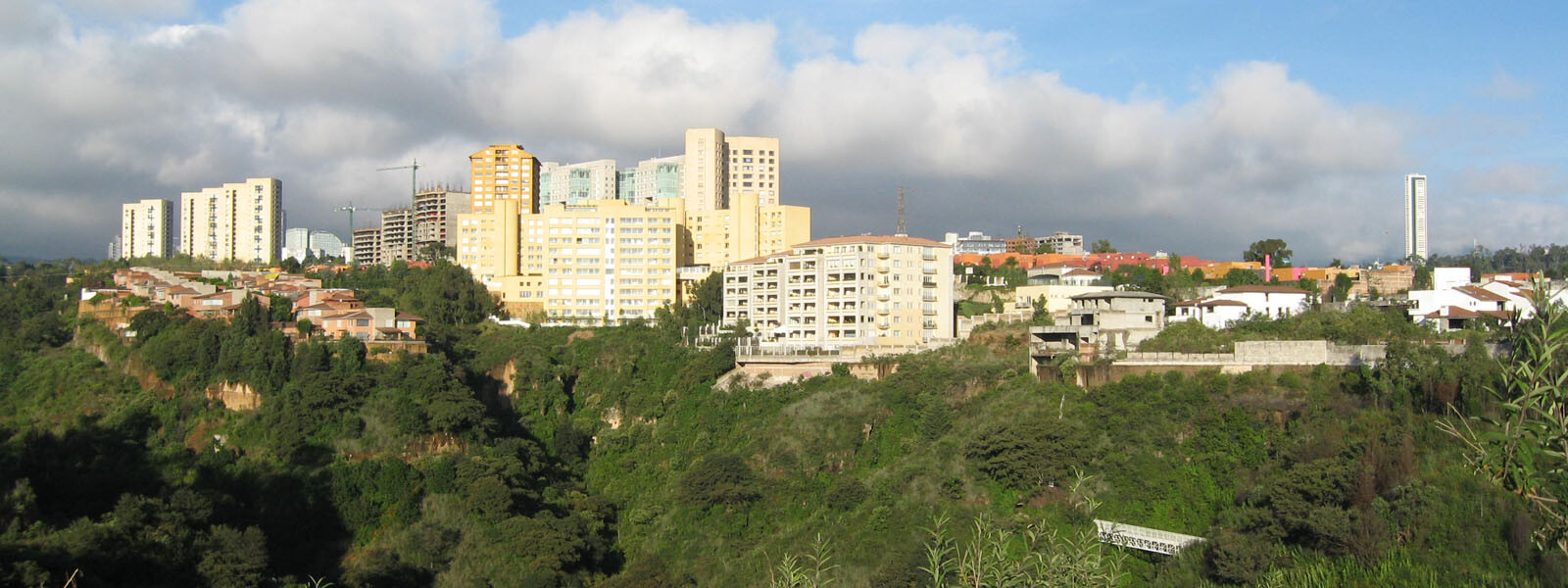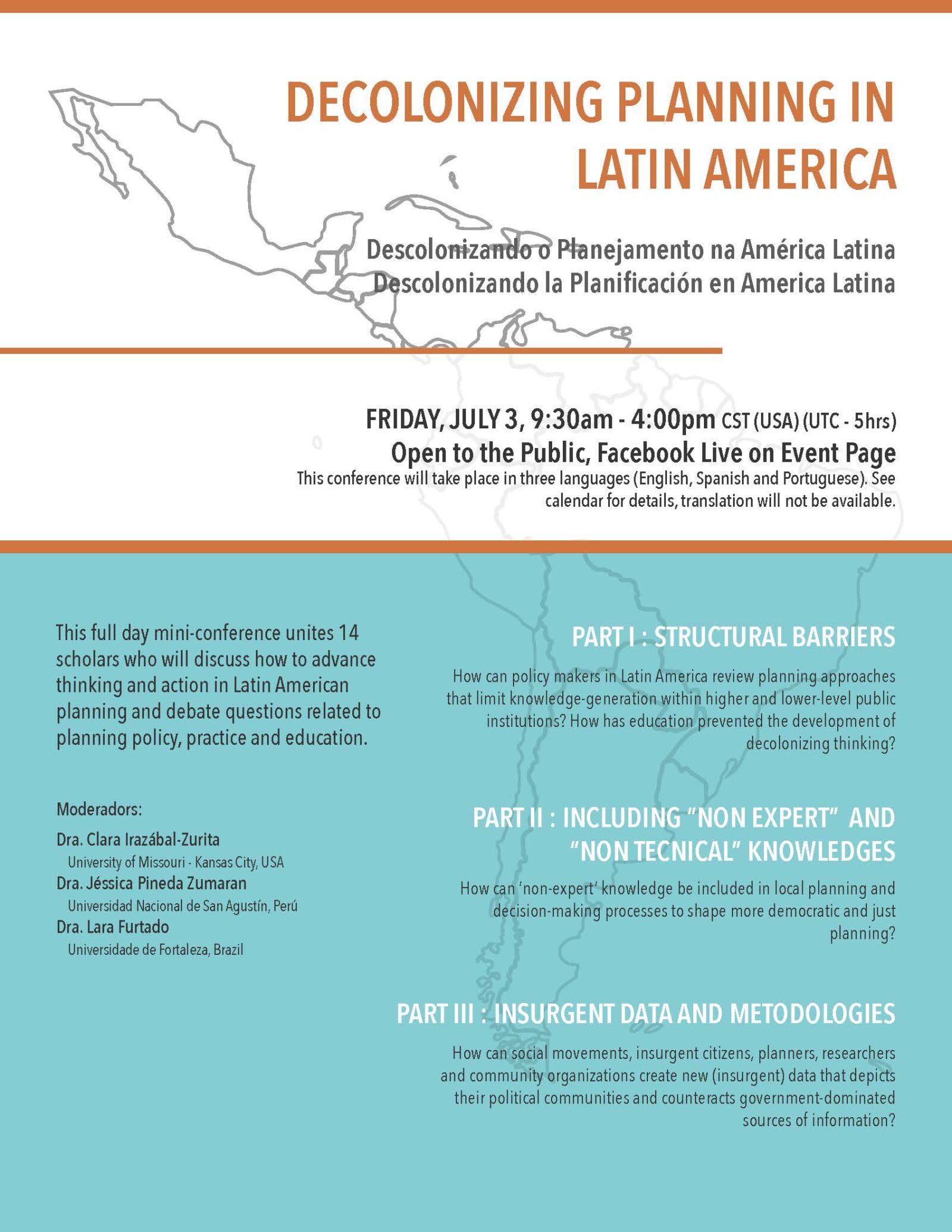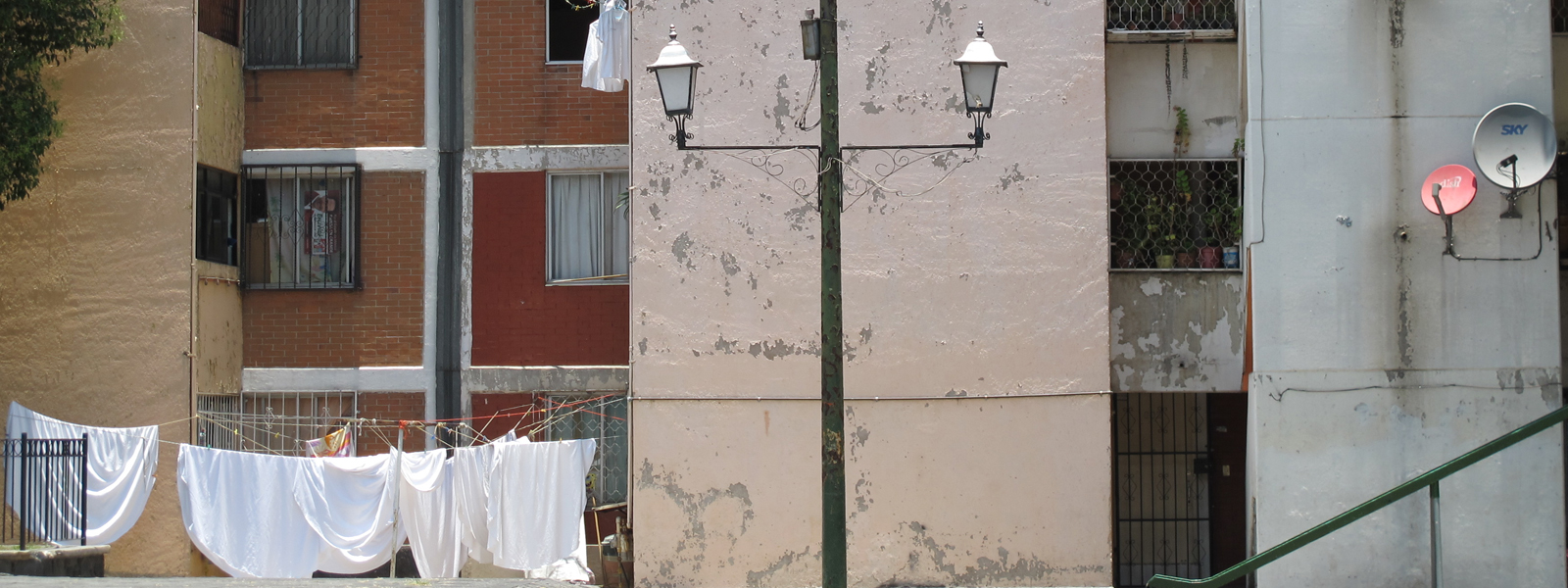In this metroZones school, we shift the focus from ways of making to ways of reading maps. We conceive reading not as passive but as an active sense-making procedure of reconstructing and deconstructing how a given mapping ‘speaks to us’. Each mapping responds to other spatial images, so each reading corresponds to a re-reading, as a method for reflecting about situated spatial knowledge and power in cartographic practice. Through collaborative readings, we may uncover different or divergent cartographic discourses, strategies and languages.
What role do mappings play in the materializing of urban conflicts and conflicted landscapes? What do they reveal (or obfuscate) in spatial settings, which underlying conflicts and power patterns? How may a (counter)forensic perspective materialize invisibilized crime and spatial conflictivity? These questions will be explored and discussed on the basis of selected mappings from Berlin (the dispute around the planned Amazon tower), Mexico City (as contested mega-urbanization) as well as the archive of the research agency Forensic Architecture.
Friday 28.5.2021, 19:00-21:00 (via zoom) The counter-forensic gaze: mapping to uncover public truth. Public Lecture by Sergio Beltrán-Garcia in conversation with Anne Huffschmid
Saturday 29.5.2021, 10:00–18:00 (in situ) Reading as reconstructing: mappings as territories for sense-making and dispute. Workshop in Kunstraum Kreuzberg/Bethanien (see current pandemic regulations)
Sunday 11:00–14:00 (via zoom) Re-reading maps together: Collective knowledge production in urban research. Public discussion with workshop participants, metroZones Kathrin Wildner and Anne Huffschmid, Sergio Beltrán-García and comments by Monika Streule
This metroZones school starts on Friday evening with a lecture by Mexican architect Sergio Beltrán-García who will discuss a forensic perspective on mapping. On Saturday it continues with a workshop on creative readings of pre-selected mappings. The school will end on Sunday with a discussion on the outcomes and on the potential of re-reading maps in urban research by Monika Streule.
Both the Friday and Sunday discussions will be accessible via videoconference, a link will be provided to registered participants. The workshop on Saturday is limited to a certain number of participants and will likely take place in or around the Kunstraum Kreuzberg, depending on the current pandemic regulations; remote participation may be possible, please indicate when registering. Free registration until May 26 at
Workshop in the framework of the supplementary program of MAPPING ALONG Recording Margins of Conflict An exhibition curated by metroZones at Kunstraum Kreuzberg/Bethanien, May 28– 30, 2021, Berlin




